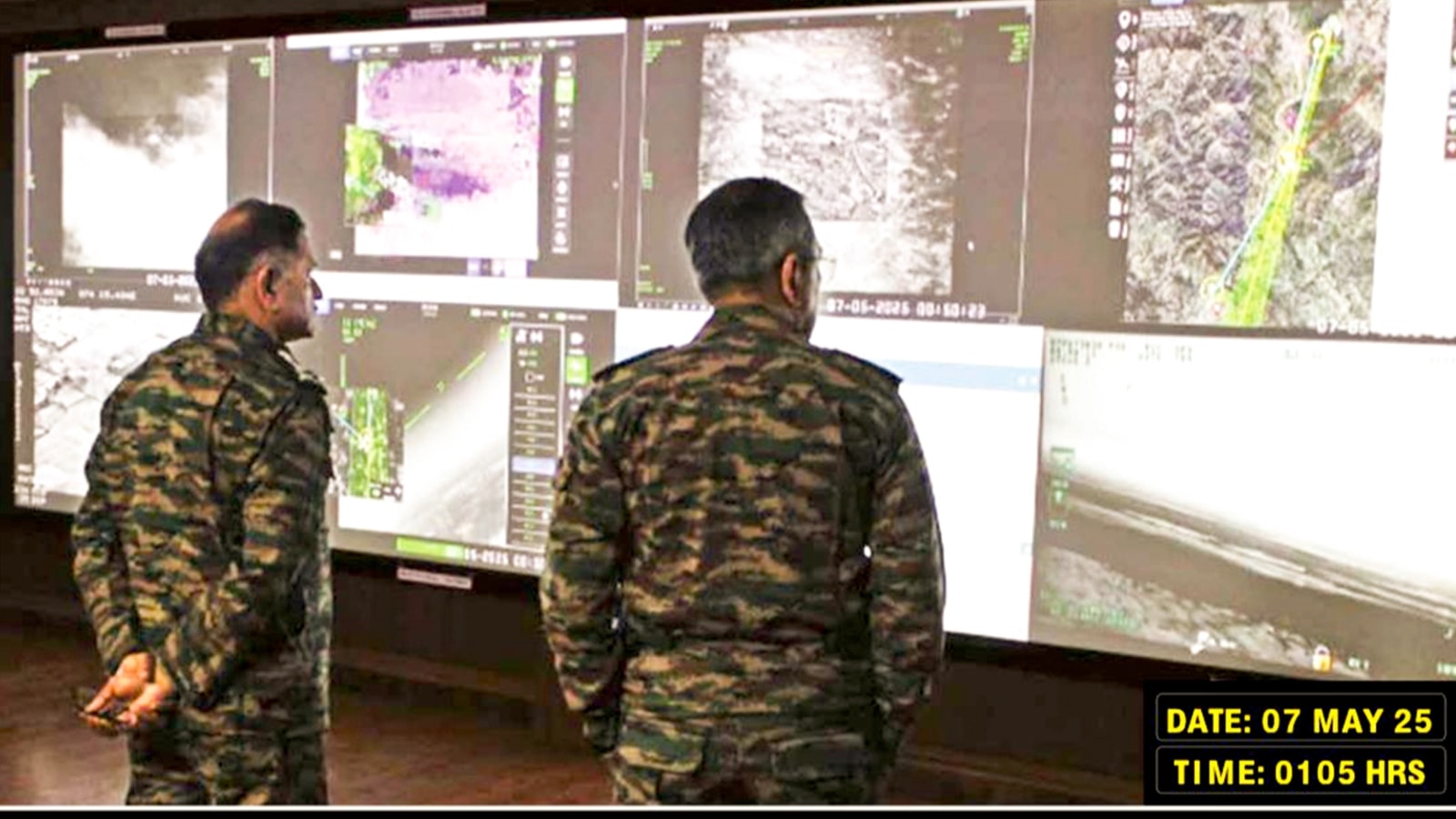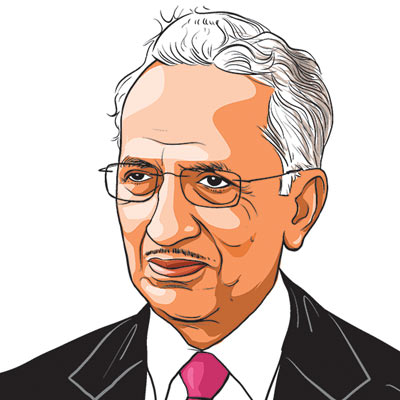Opinion Nine lessons from Operation Sindoor
The Government of India should expand and upgrade Indian Air Force. The IAF has today only 31 squadrons against a sanction of 42
 Captain Kumar said the Indian forces had been directed not to target Pakistan’s military infrastructure or air defences (ANI)
Captain Kumar said the Indian forces had been directed not to target Pakistan’s military infrastructure or air defences (ANI) Operation Sindoor has set a benchmark in India’s battle against terrorism. The Indian security forces not only destroyed terrorist camps in the heart of Pakistan, including those of the notorious Lashkar-e-Taiba at Muridke and the Jaish-e-Mohammad at Bahawalpur, they also demonstrated their technological superiority and, by damaging at least eight Pakistan Air Force bases, conveyed to the world that India could knock out its western neighbour in any future conflict.
What was even more significant that it marked the announcement of a new national security doctrine with three salient features: That in the event of a terrorist attack on India, there would be a befitting response on our own terms; that India will not be browbeaten by any nuclear blackmail; and that we will not differentiate between the perpetrators of terrorism and their masterminds. It was a message to Pakistan as well as to the rest of the world.
To Pakistan, specifically, it was conveyed that terror and talks cannot go together, nor can terror and trade, and that water and blood cannot flow together.
There is, however, no room for complacency. We need to calmly deliberate over the events of the past month, identify our weaknesses in the security grid and during Operation Sindoor which were exploited by the terrorists and the Pakistani forces. There are nine points I would like to highlight.
One: We need to set our house in order. We need to strengthen our intelligence apparatus at the ground level. It is surprising that neither the IB nor R&AW nor even the state intelligence had any clue about the impending attack in Pahalgam. The police response to an emergency must also improve. The terrorists had a free run of the Baisaran meadow for at least 20 minutes. In a union territory saturated by security forces, this is unacceptable.
Two: Statehood should be restored to J&K, and sooner the better. The Government of India is committed to the restoration of statehood. Why delay it then? We also need to do more to win over the support of the local people. At least 15 of them are believed to have provided logistical support to the marauders at Pahalgam.
Three: At the political level, we should get The Resistance Front (TRF), an offshoot of Lashkar, branded as a terrorist organisation. An Indian team is already in New York to take up the matter with the UN Office of Counter-Terrorism. The TRF took responsibility for the Pahalgam terror attack, though later on, they backed out when they realised the consequences of their admission. Our diplomats should also start working to put Pakistan back again in the Grey List of the Financial Action Task Force (FATF).
Four: The US’s role during the conflict has been disappointing, to say the least. Initially, it gave the impression that it would not like to get involved. Vice President Vance clearly said, “We are not going to get involved in the middle of a war that is fundamentally none of our business”. President Trump, however, unfortunately, hyphenated India and Pakistan and claimed credit for brokering the ceasefire. The IMF loan of $2.3 billion to Pakistan at this juncture could also not have materialised without implicit US support. Can we trust the US in the event of any future confrontation with Pakistan or China? Russia has been a more reliable ally, but it has come too close to China in recent years. From a long-term strategic point of view, Japan, Vietnam, South Korea, Philippines and even Taiwan would perhaps be more reliable allies.
Five: We need to redefine our relations with countries that came out openly in support of Pakistan, especially Turkey and Azerbaijan. Public opinion is already agitated against these countries, and the government has initiated some measures, like revoking the security clearance to Turkish ground service provider Celebi and its associated companies at nine airports. In the case of China, we must not succumb to any commercial temptations and be absolutely firm that trade and border disputes cannot go together.
Six: Drones played a major role in the conflict. Pakistan sent swarms of these all along the international border from Kashmir to Rajasthan on the nights of May 8 and 9. Most of them were neutralised; nevertheless, there is an impression that Pakistan has a larger fleet of drones than we have. We need to expand and develop this weapon system in an effective way.\
Seven: The Government of India should press the accelerator on expanding and upgrading the Indian Air Force. The IAF has today only 31 squadrons against a sanction of 42. Besides, the Advanced Medium Combat Aircraft (AMCA) project for a fifth-generation fighter has been greatly delayed. China, on the other hand, is experimenting with sixth-generation J-20 fighters.
Eight: Considering that Operation Sindoor has only been paused and the fact that some of the most notorious terrorist leaders are still hiding in Pakistan, they should be given the treatment they deserve.
Nine: We would do well to remember Sun Tzu’s profound observation: “The supreme art of war is to subdue the enemy without fighting.” We have already taken the first step in that direction by keeping the Indus Waters Treaty in abeyance. Similar other measures could also be thought of. This is, however, not to say that our defence preparations should not continue to be steadily upgraded.
The writer is a former Director General of the Border Security Force



